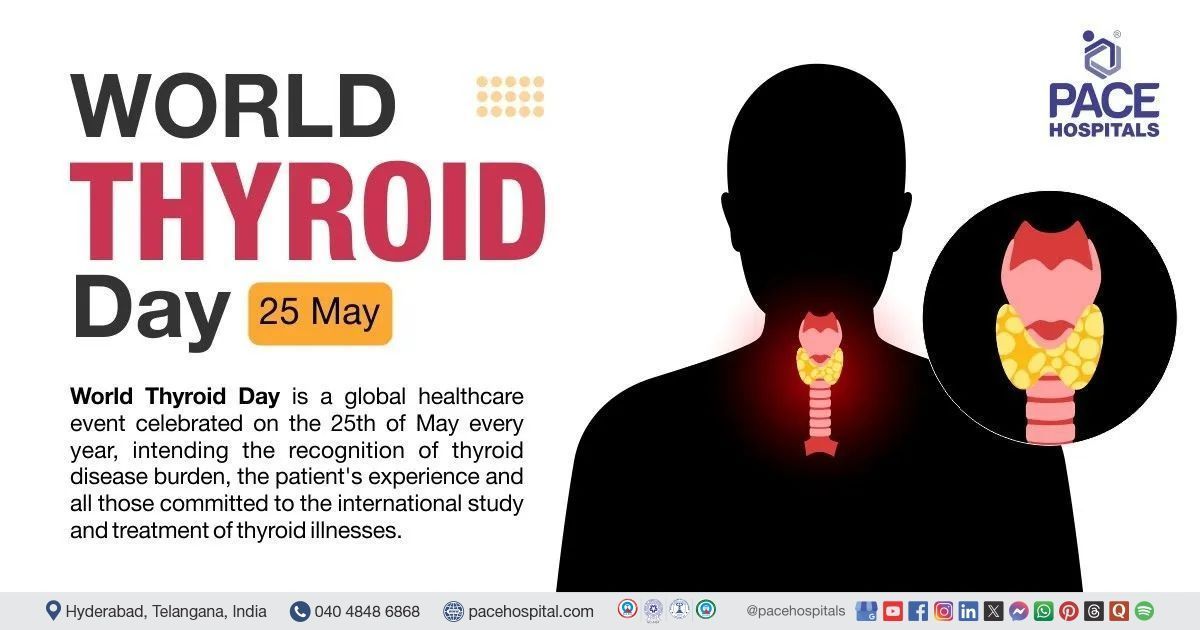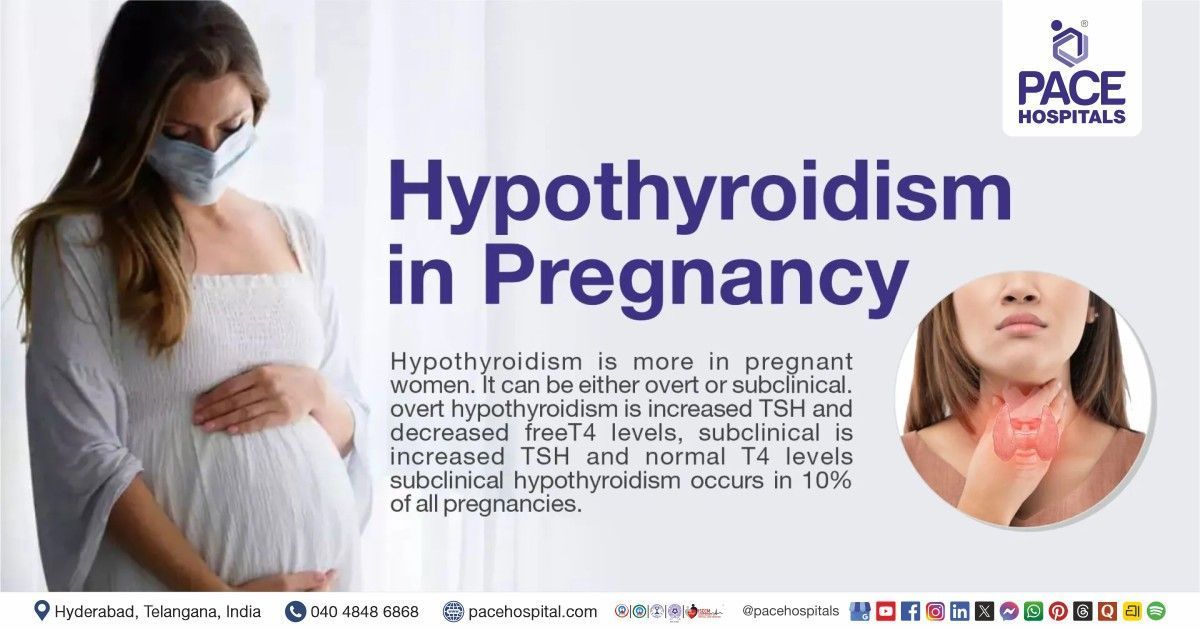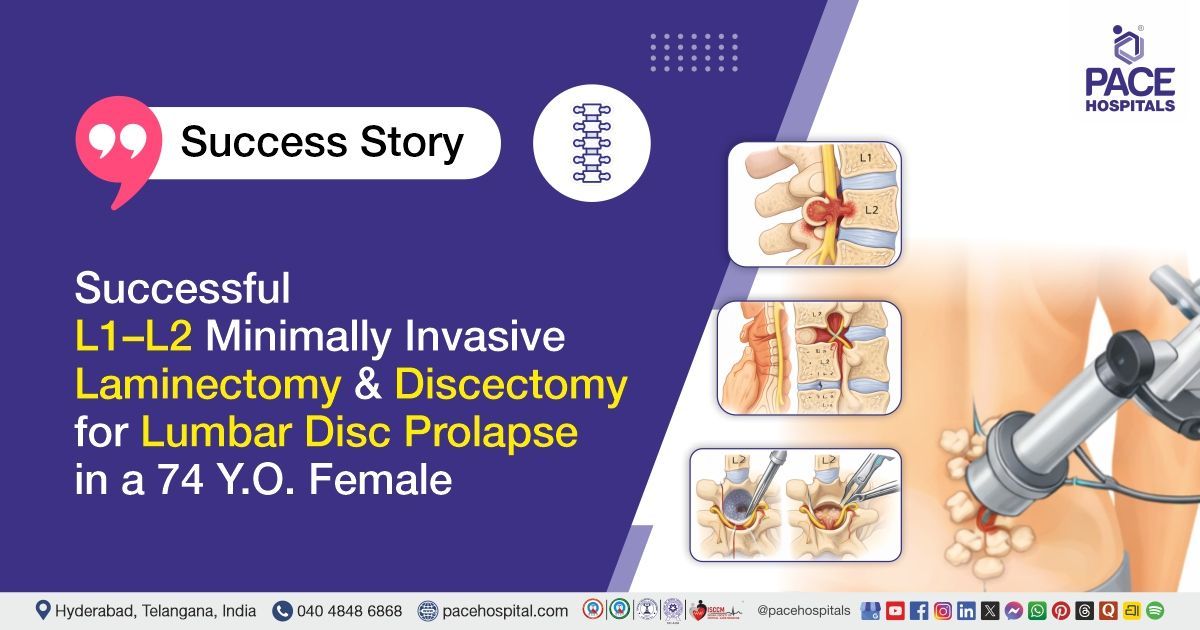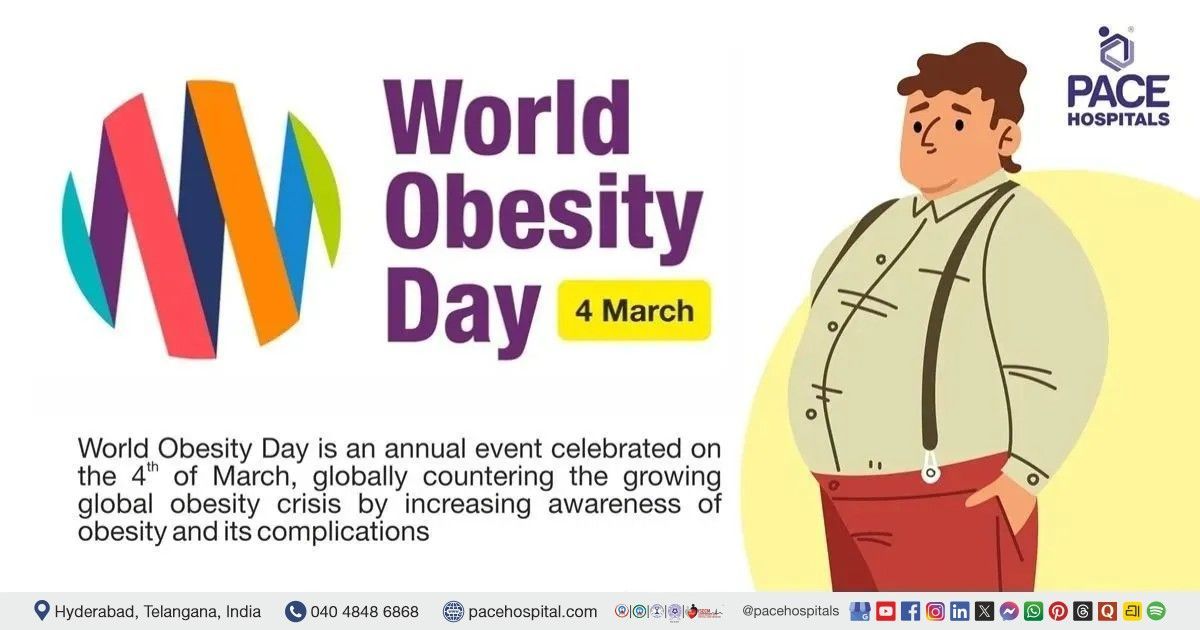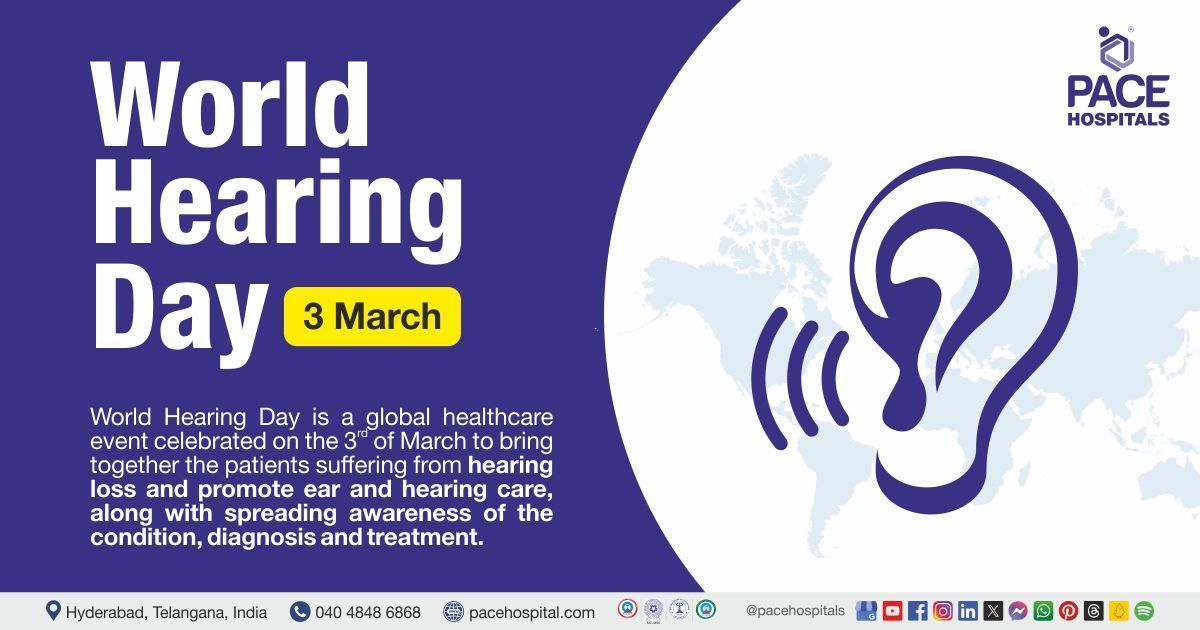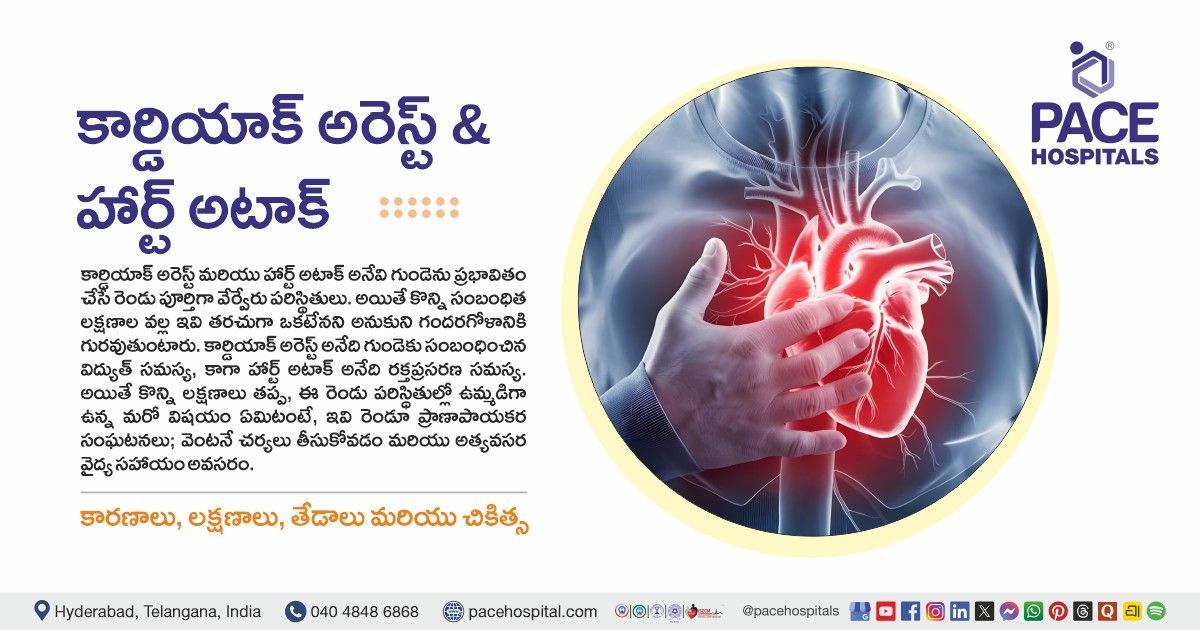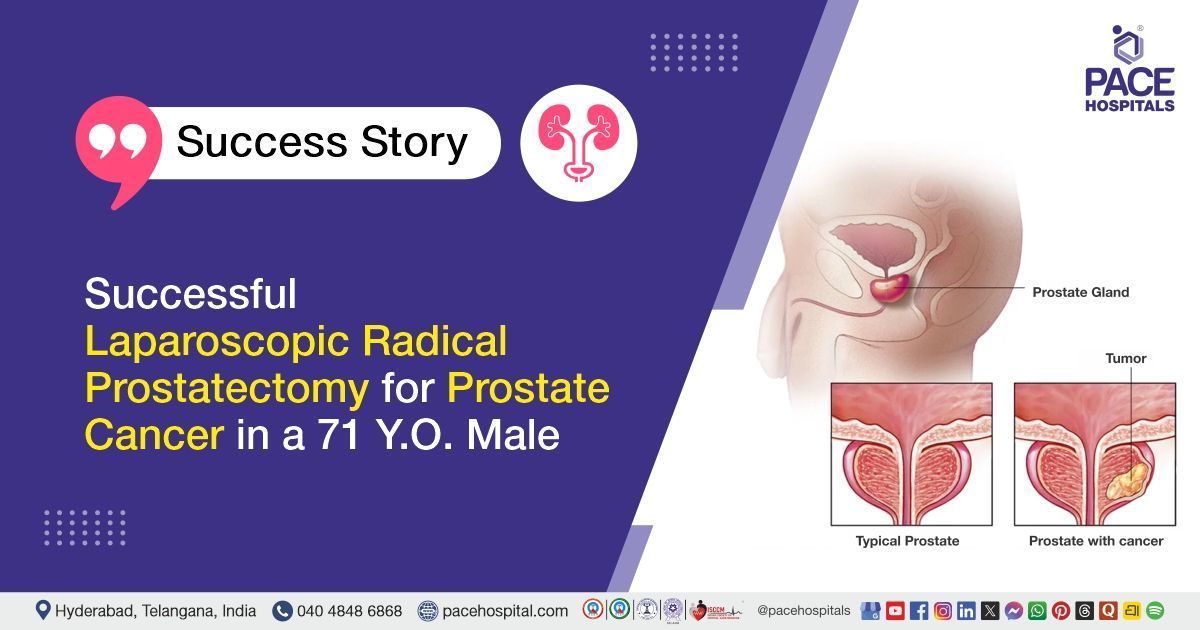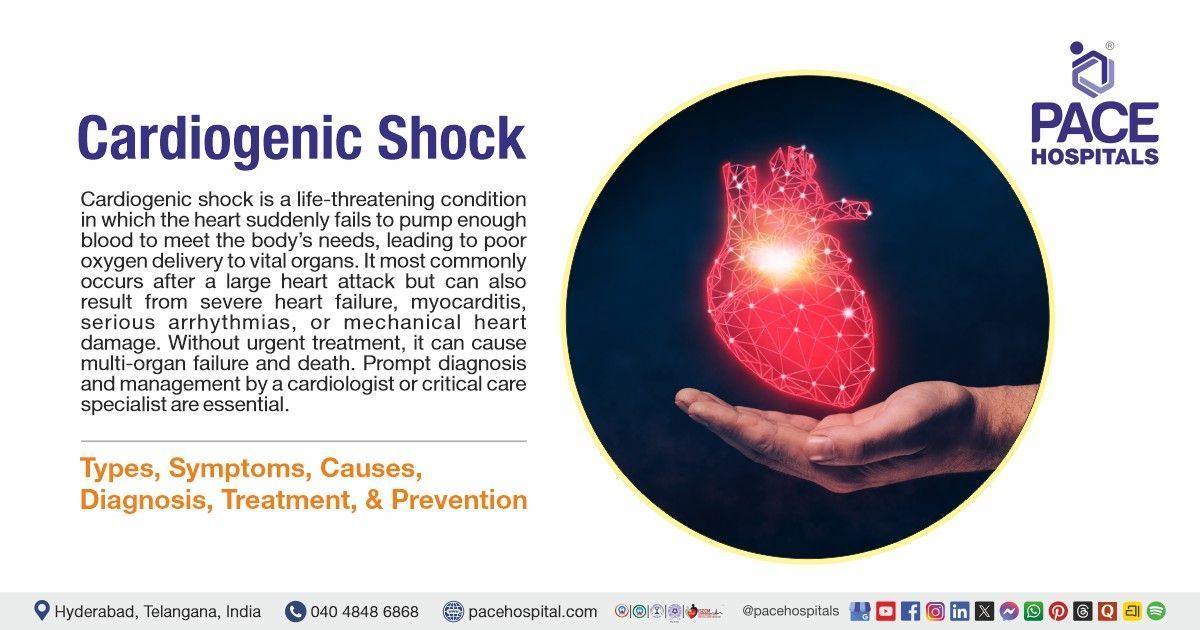World Thyroid Day, 25 May 2025 | Importance, Theme & Preventions
World Thyroid Day is a global healthcare event celebrated on the 25th of May every year, intending the recognition of thyroid disease burden, the patient's experience and all those committed to the international study and treatment of thyroid illnesses.
Thyroid diseases are, perhaps, among the most prevalent endocrine disorders globally; India is not an exception. Various studies on thyroid disease have projected that approximately 4.2 crore Indians are affected by it.
Significance of World Thyroid Day (WTD)
The thyroid gland produces thyroid hormones which are essential for normal growth and energy metabolism. Thyroid dysfunction is common, readily identifiable and easily treatable, but if undiagnosed or untreated, it can have profound adverse effects.
Over a 100-crore people globally lead lives in iodine-deficient areas ranging from Southeast Asia and South America to Central Africa. Iodine is a crucial component in producing thyroid hormones, but its distribution is uneven globally and scarcer in remote mountainous regions.
In iodine-deplete populations, thyroid dysfunction is most commonly due to thyroid autoimmunity – comprising Graves’ disease, Hashimoto thyroiditis and post-partum thyroiditis with characteristic thyroid-specific autoreactive antibodies. Both iodine deficiency and excess can result in hypothyroidism as well as hyperthyroidism.
Epidemiological studies indicate that 1% of men and 5% of women have clinically detectable thyroid nodules and that the prevalence rises with age and in iodine-deficient communities.
During these bleak times, it is necessary to recognise and delegate an event to highlight and emphasise the awareness of thyroid diseases. Doing so accelerates the spread of knowledge about the screening, diagnosis, treatment and, if possible, its prevention. World Thyroid Day achieves the above said dictums successfully with its growing popularity.
These themes highlights that thyroid problems are among the most common endocrine disorders globally, second only to diabetes.
Year By Year Themes for World Thyroid Day (WTD)
- World Thyroid Day (WTD) theme 2023: Thyroid Health: Nurturing Well-being
- World Thyroid Day (WTD) theme 2022: It's not you. It's your thyroid
- World Thyroid Day (WTD) theme 2021: Mother-BabyIodine: The Importance of Iodine on the Woman and her Baby
- World Thyroid Day (WTD) theme 2019: Find It and Treat It Early For Improved Health Outcomes
- World Thyroid Day (WTD) theme 2018: Lifestyle and diet change for better thyroid management
History of World Thyroid Day (WTD)
During the annual general meeting of Thyroid Federation International in September 2007, it was decided to create a "World Thyroid Day" on the 25th of May. The first World Thyroid Day was celebrated in 2008, and while Thyroid Federation International never officially organised the event, however various member organisations have events worldwide.
The European Thyroid Association also announced the first "European Thyroid Day" on the 25th of May, 2008, to celebrate the association’s anniversary, encouraging thyroid groups and networks in Europe to organise events on that day henceforth.
Types of thyroid diseases
Thyroid diseases are unique in their diagnosis, treatment, and visibility. Early diagnosis and treatment are crucial for effective management. The five most important thyroid diseases include hypothyroidism, hyperthyroidism, goitre / iodine deficiency disorders, Hashimoto's thyroiditis, and thyroid cancer.
- Hypothyroidism (low production of thyroid hormone): It can affect individuals of all ages. Congenital hypothyroidism needs early diagnosis and therapy to prevent brain damage, common in India, occurring in 1 out of 2640 neonates. Lack of awareness and screening programs are contributing factors to delayed diagnosis.
- Hyperthyroidism (increased production of thyroid hormone): It occurs due to overactive thyroid gland functioning, which accelerates the metabolism of the body. The symptoms of hyperthyroidism could include weight loss, hand tremors, rapid or irregular heartbeat etc.
- Goitre (Enlarged thyroid gland, may/may not be associated with thyroid functional change): Indian research established a link between iodine deficiency and endemic goitre, especially in the Himalayan regions. Iodine deficiency was shown to be associated with hypothyroidism in neonates, leading to the implementation of a salt iodisation program by the Government of India. This program has been successful in reducing the prevalence of congenital hypothyroidism in Uttar Pradesh.
- Hashimoto's thyroiditis (also called Hashimoto's disease) – an autoimmune disease in which the body's immune cells attack the thyroid gland): An Indian study found that among girls with a goitre, 7.5% had juvenile autoimmune thyroiditis (which includes Hashimoto's thyroiditis).
- Thyroid cancer: A disorder in which malignant (cancer) cells develop in thyroid gland tissues. Thyroid nodules are frequent; however, they are not always cancerous. There are several forms of thyroid cancer. Thyroid cancer risk can be influenced by age, gender, and radiation exposure.
Tips to prevent thyroid disease
There are a few tips to prevent thyroid disease. They include adopting various lifestyle factors and behaviours, such as:
- Maintaining a healthy diet with sufficient iodine, selenium, and iron intake
- Avoiding smoking
- Abstaining from excessive alcohol consumption
- Managing stress
- Getting enough sound sleep, and
- Practicing safe sun exposure to maintain adequate vitamin D levels.
- Additionally, regular check-ups and monitoring of thyroid function are important for the early detection and treatment of any potential thyroid disorders.
Related Articles
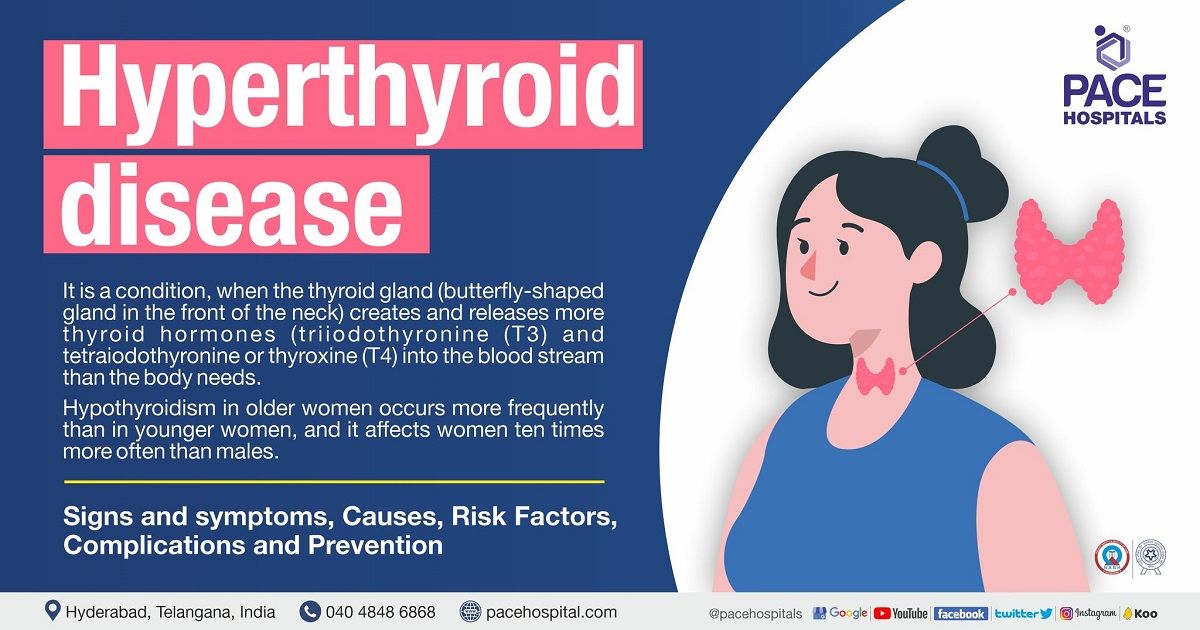
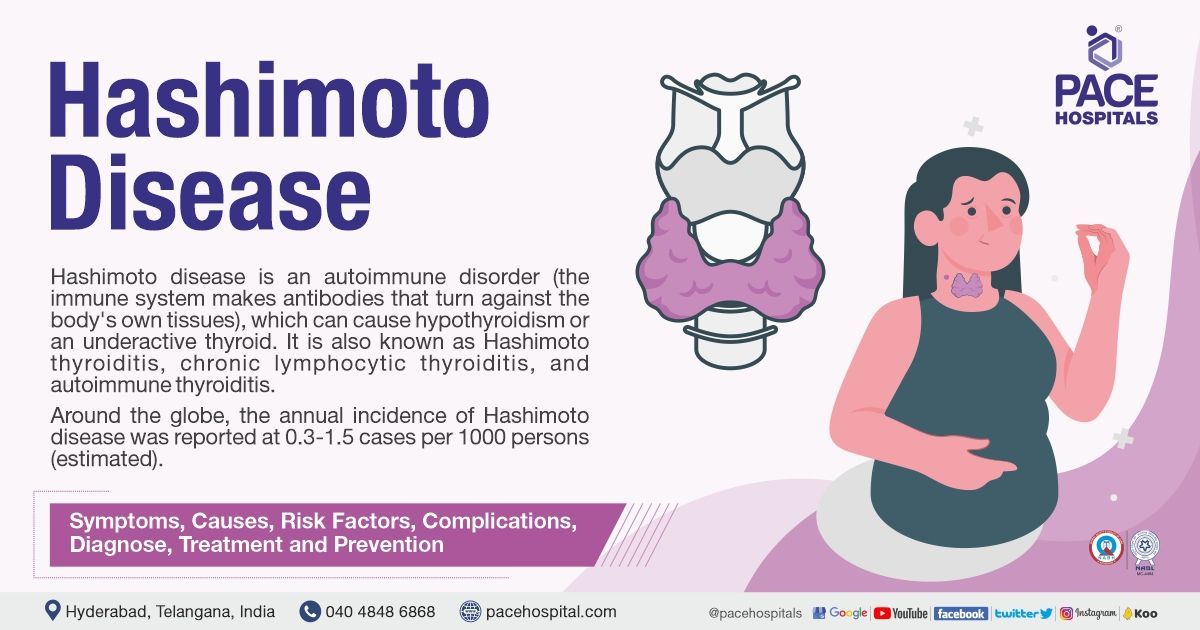
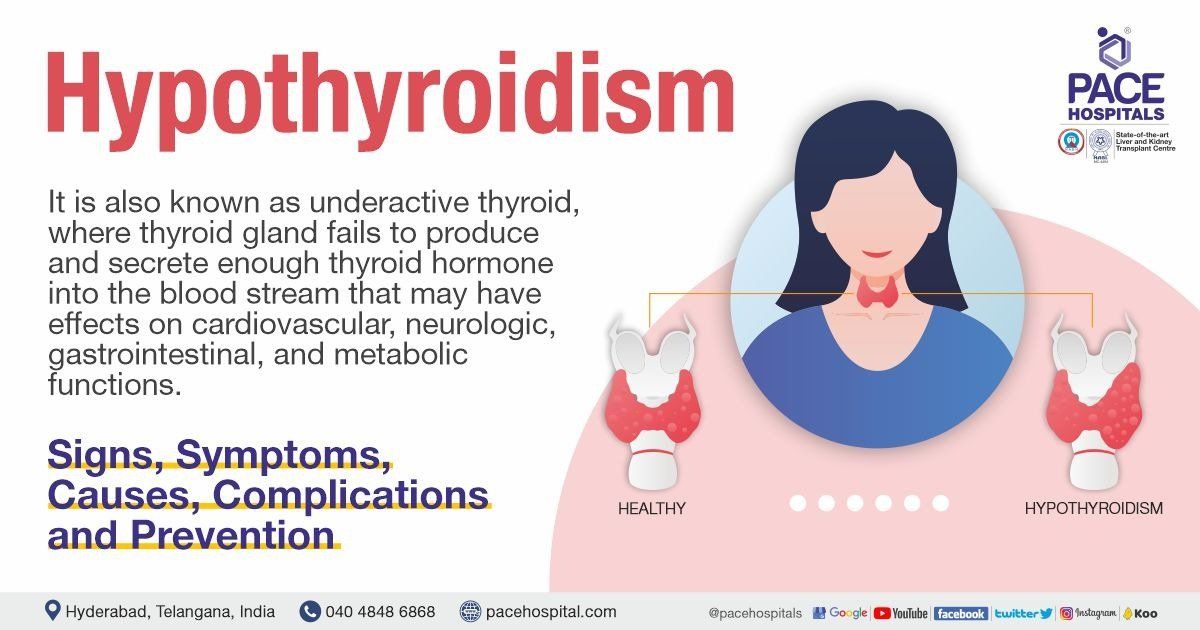
Share on
Request an appointment
Fill in the appointment form or call us instantly to book a confirmed appointment with our super specialist at 04048486868

